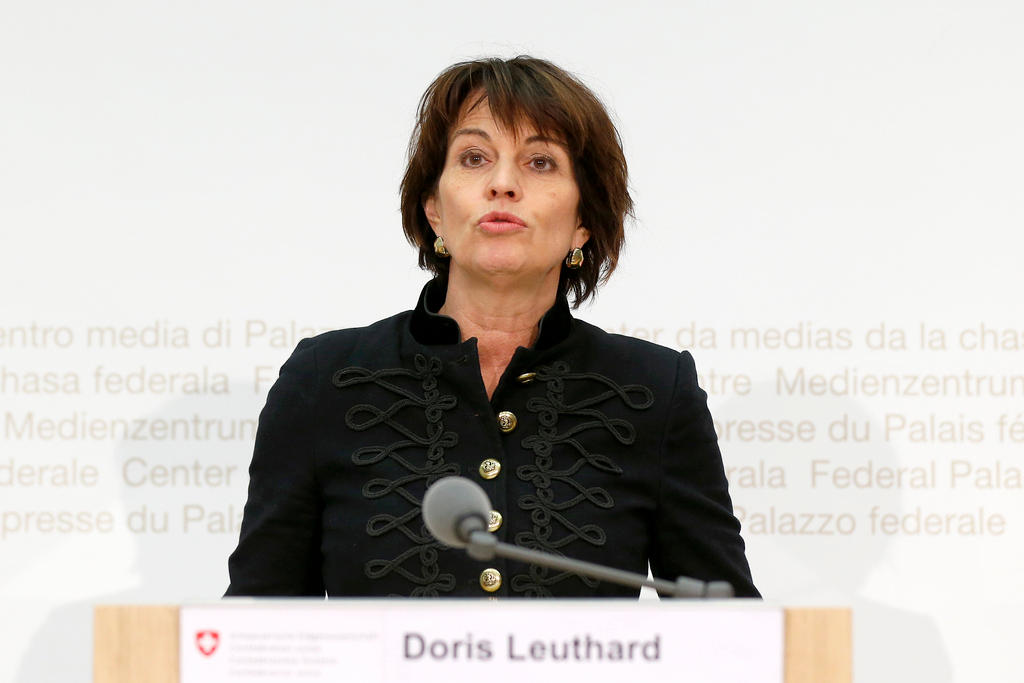Framing the terms for future Swiss-EU relations

On Wednesday, the Swiss government once again debated the potential institutional framework agreement between Switzerland and the European Union (EU). We look at the background to this controversial issue and its potential consequences for Switzerland.
What’s it all about?
The EU is clear that participating in its single market requires a consistent implementation and interpretation of the market’s continually developing set of rules. Therefore, Brussels expects that the bilateral agreements between Switzerland and the EU will continue to be adapted to any potential legal developments in the future.
Since 2014, the two sides have been negotiating an institutional framework agreement with each other. Its purpose is to reorganize the selected bilateral agreements (in particular those agreements concerning single market access). But the procedure has raised various questions:
- How could it be ensured that the agreement is properly interpreted and applied?
- How could it be adapted to new circumstances such as changing EU law?
- How could the application of the agreement be consistently monitored?
- How could it be ensured that the agreement is interpreted homogeneously?
- How could disputes between the EU and Switzerland be resolved?

More
Switzerland’s special EU deal
Courts or committee?
Under existing law, a diplomatic-technical body – the so-called joint committee – is responsible for resolving disputes. However, in the interest of legal compliance, a new judicial element would be added to this, to be overseen by the European Court of Justice (ECJ).
The ECJ would not have the last word, however. A dispute would ultimately still be resolved within the joint committee. However, both parties would be able to unilaterally appeal to the ECJ for an interpretative decision.
In Switzerland such a step is highly controversial. The conservative right Swiss People’s Party is particularly opposed to such a structure, fearing a loss of Switzerland’s sovereignty. It says that the country will have to implement all future legal adjustments happening within the EU.
The People’s Party also warns against the so-called “foreign judges”, who would be granted power of decision over Swiss laws in the case of a dispute between the EU and Switzerland.
Securing business
Proponents of an institutional solution, on the other hand, fear that the EU – particularly after Brexit – could set up trade barriers. According to their argument, Switzerland is reliant on these new agreements to secure its status as a business location. This includes a framework agreement which ensures access to the single market for the country.
The democratic procedures of Switzerland would also be respected, they say, because challenging the inclusion of a new law by means of a referendum would still be possible. Thus, an “automatic” takeover, as the People’s Party claims, is not an issue.
EU Commission President Jean-Claude Juncker has recently introduced yet another alternative model, which envisages a separate court of arbitration to resolve potential conflicts in future. It is said in Brussels that with this gesture, Juncker wanted to build a political bridge between the EU and Switzerland to defuse the controversy around “foreign judges”.
The EU is urging for the conclusion of an institutional framework agreement. On the Swiss side, however, it will always be the people who have the last word.
Translated from German by Laura Nemeth, swissinfo.ch

In compliance with the JTI standards
More: SWI swissinfo.ch certified by the Journalism Trust Initiative












You can find an overview of ongoing debates with our journalists here . Please join us!
If you want to start a conversation about a topic raised in this article or want to report factual errors, email us at english@swissinfo.ch.